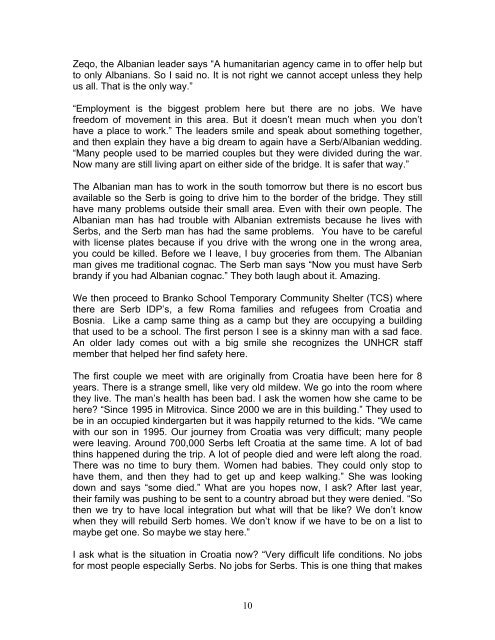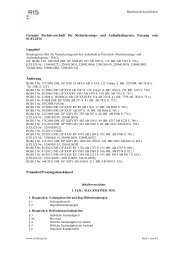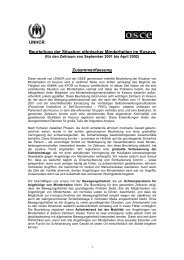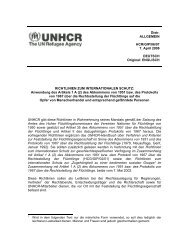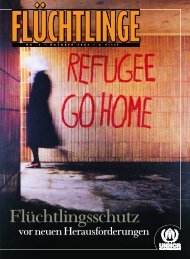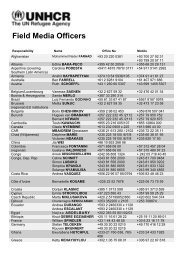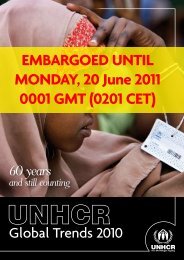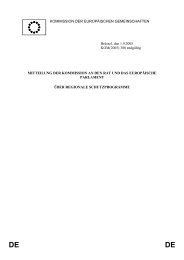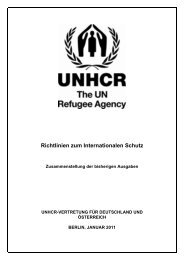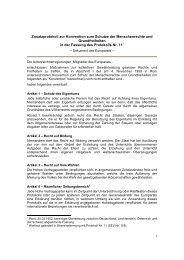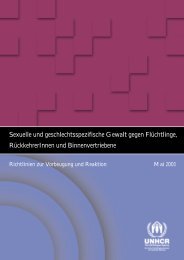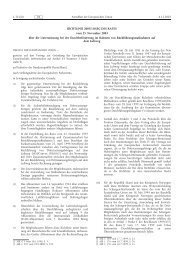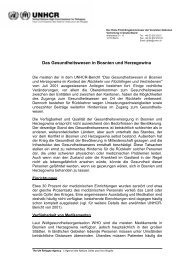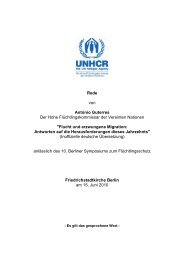Create successful ePaper yourself
Turn your PDF publications into a flip-book with our unique Google optimized e-Paper software.
Zeqo, the Albanian leader says “A humanitarian agency came in to offer help but<br />
to only Albanians. So I said no. It is not right we cannot accept unless they help<br />
us all. That is the only way.”<br />
“Employment is the biggest problem here but there are no jobs. We have<br />
freedom of movement in this area. But it doesn’t mean much when you don’t<br />
have a place to work.” The leaders smile and speak about something together,<br />
and then explain they have a big dream to again have a Serb/Albanian wedding.<br />
“Many people used to be married couples but they were divided during the war.<br />
Now many are still living apart on either side of the bridge. It is safer that way.”<br />
The Albanian man has to work in the south tomorrow but there is no escort bus<br />
available so the Serb is going to drive him to the border of the bridge. They still<br />
have many problems outside their small area. Even with their own people. The<br />
Albanian man has had trouble with Albanian extremists because he lives with<br />
Serbs, and the Serb man has had the same problems. You have to be careful<br />
with license plates because if you drive with the wrong one in the wrong area,<br />
you could be killed. Before we I leave, I buy groceries from them. The Albanian<br />
man gives me traditional cognac. The Serb man says “Now you must have Serb<br />
brandy if you had Albanian cognac.” They both laugh about it. Amazing.<br />
We then proceed to Branko School Temporary Community Shelter (TCS) where<br />
there are Serb IDP’s, a few Roma families and refugees from Croatia and<br />
Bosnia. Like a camp same thing as a camp but they are occupying a building<br />
that used to be a school. The first person I see is a skinny man with a sad face.<br />
An older lady comes out with a big smile she recognizes the <strong>UNHCR</strong> staff<br />
member that helped her find safety here.<br />
The first couple we meet with are originally from Croatia have been here for 8<br />
years. There is a strange smell, like very old mildew. We go into the room where<br />
they live. The man’s health has been bad. I ask the women how she came to be<br />
here “Since 1995 in Mitrovica. Since 2000 we are in this building.” They used to<br />
be in an occupied kindergarten but it was happily returned to the kids. “We came<br />
with our son in 1995. Our journey from Croatia was very difficult; many people<br />
were leaving. Around 700,000 Serbs left Croatia at the same time. A lot of bad<br />
thins happened during the trip. A lot of people died and were left along the road.<br />
There was no time to bury them. Women had babies. They could only stop to<br />
have them, and then they had to get up and keep walking.” She was looking<br />
down and says “some died.” What are you hopes now, I ask After last year,<br />
their family was pushing to be sent to a country abroad but they were denied. “So<br />
then we try to have local integration but what will that be like We don’t know<br />
when they will rebuild Serb homes. We don’t know if we have to be on a list to<br />
maybe get one. So maybe we stay here.”<br />
I ask what is the situation in Croatia now “Very difficult life conditions. No jobs<br />
for most people especially Serbs. No jobs for Serbs. This is one thing that makes<br />
10


